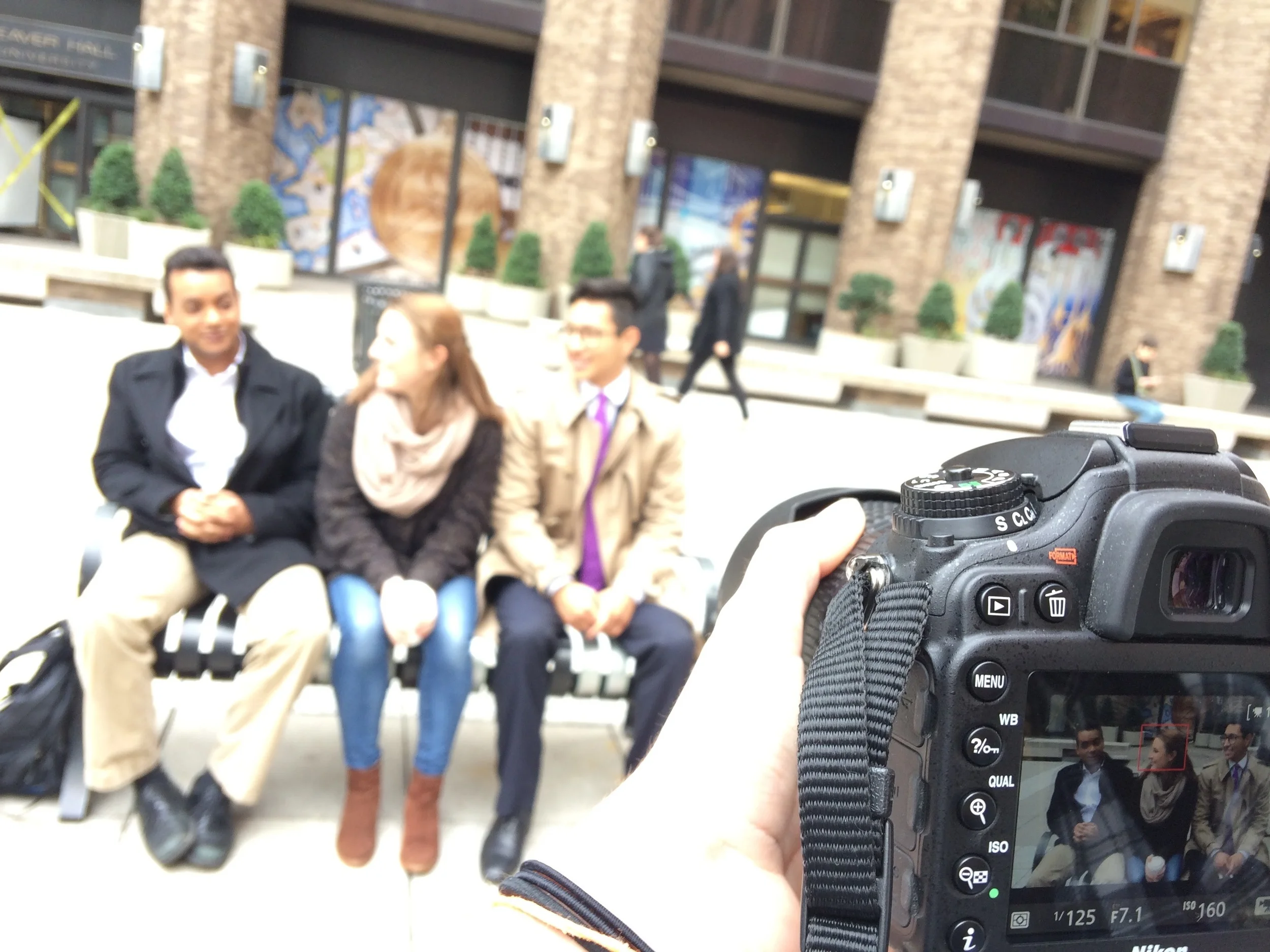S[trash]ten Island’s New Park
/by Tessa Rosenberry
About two weeks ago, I trekked out to Staten Island for a field trip with my Trash Matters* class to stand in a park that was built on top of what was, at its “peak,” the largest landfill in the world: Fresh Kills.
I know probably more than I’ll ever need to (though I suppose you never know) about the history and engineering of Fresh Kills, but what strikes me most is what you could call the philosophical implications of just plopping a park on top of what was once a gigantic, ugly (in a lot of ways) scar on NYC.
So let’s start with that: the covering up of something so ugly, and yet so indicative of the damages wrought by our consumerist society (too heavy?). Think about it, here’s this enormous illustration of how wasteful our culture is - which brings to light all these other, connected issues too, like environmental justice, institutional racism, corporate responsibility - and we’re just going to go make it into a park.
I don’t mean to diminish all of the benefits of creating Fresh Kills Park: increased access to green space, community health and wellbeing, intergovernmental collaboration - and transforming something harmful and representative of human ills into something beautiful and shared. But all of these benefits (and that last one in particular) can end up being problematic.
We have to be really careful to not render our waste invisible. It’s such a huge issue: we’re already so detached from our waste (philosophically, culturally, physically) that even talking about garbage is still a turn-off. So by covering it up, we’re not only refusing to talk about the truths that defined the space for so long, but we’re adding to the current societal movement in the opposite direction of the environmentally and socially responsible treatment of waste that we need!
Fresh Kills has the awesome opportunity to become a memorial (for lack of a better word) to its waste history. It’s a chance to put to use something that has marred our conception of our society as something productive, progressive, and responsible; to actually be those things! Fresh Kills could - and should - be made into an educational experience, through art, science, and community building. We have the chance to engage with our entire city (and beyond) around creating a world that is not only aware of their waste and its implications, but is proactive in using that awareness to improve the global garbage system. The history of our waste can’t be wasted.
Fresh Kills Park is scheduled to open in phases up until its complete opening in 2036.
*Shameless plug for Trash Matters, an excellent class taught by Rosalind Fredericks at NYU’s Gallatin School of Individualized Study. If you’re at NYU: take it. Do it.






















